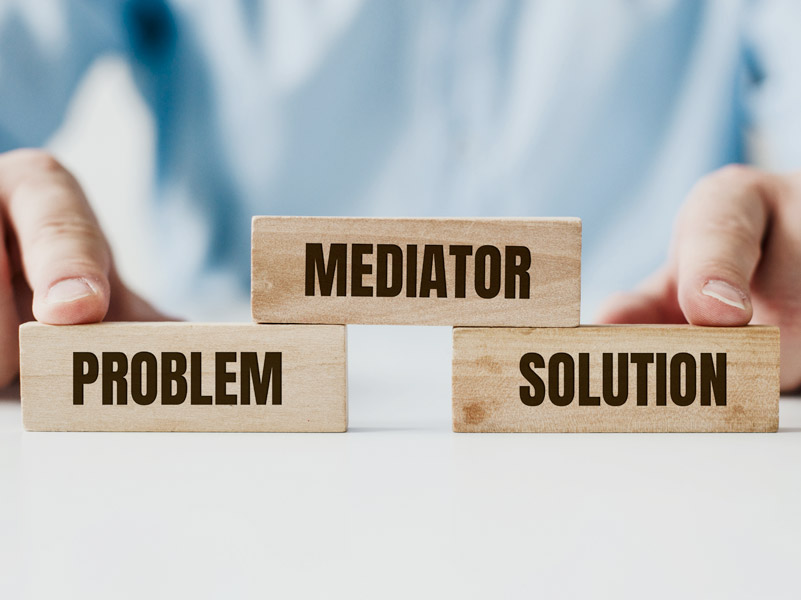Healing Hearts, Finding Closure – The Role of Divorce Mediation
Divorce mediation has emerged as a significant process in addressing the complexities of marital dissolution, providing a pathway for healing hearts and finding closure. Unlike the adversarial nature of traditional divorce proceedings, mediation focuses on collaboration and mutual respect, aiming to minimize the emotional and financial strain on the parties involved. This process is facilitated by a neutral third party, the mediator, who helps both spouses communicate effectively and negotiate terms amicably. Mediation promotes a more respectful dialogue, which is particularly beneficial when children are involved, as it encourages co-parenting and shields them from the potential psychological harm caused by contentious courtroom battles. One of the primary advantages of divorce mediation is its ability to foster a less antagonistic environment. In traditional divorce litigation, the focus often shifts to winning rather than resolving, exacerbating conflicts and prolonging the process. Mediation, on the other hand, emphasizes understanding and cooperation. Spouses are encouraged to voice their concerns and needs in a controlled, non-judgmental setting, which can lead to more personalized and mutually satisfactory agreements. This collaborative approach not only aids in preserving relationships but also facilitates faster resolutions, saving both time and money.

Financial considerations are a significant aspect of divorce, and mediation provides a cost-effective alternative to litigation and click site https://www.westlake-mediation.com/austin/divorce-mediation/. Court battles can be prohibitively expensive, draining resources that could be better allocated towards rebuilding post-divorce lives. Mediation sessions are generally less costly and more flexible in scheduling, allowing for a process that is both efficient and accommodating to the parties’ needs. By reducing financial strain, mediation helps divorcing couples retain more of their assets and provides a more stable financial foundation as they move forward independently. Emotional healing is another critical benefit of divorce mediation. The end of a marriage is often a tumultuous period filled with grief, anger, and confusion. Mediation offers a supportive environment where both parties can express their emotions and work through their differences constructively. The mediator’s role includes managing emotional dynamics, ensuring that the discussion remains productive and focused on resolution rather than blame. This therapeutic aspect of mediation can be instrumental in helping individuals find closure, allowing them to move on with their lives more peacefully and with a sense of completion.
For couples with children, mediation is particularly advantageous. The process encourages parents to work together to develop parenting plans that prioritize the well-being of their children. This cooperative approach helps in maintaining stability and consistency in the children’s lives, which is crucial for their emotional health. Additionally, parents who mediate their divorce are more likely to establish a positive co-parenting relationship, setting a foundation for effective communication and cooperation in the future. In conclusion, divorce mediation plays a vital role in transforming the challenging process of marital dissolution into an opportunity for healing and constructive resolution. By fostering a collaborative environment, reducing financial burdens, and providing emotional support, mediation helps divorcing couples navigate their separation with dignity and respect. This approach not only benefits the individuals involved but also promotes healthier familial relationships and a smoother transition to post-divorce life.